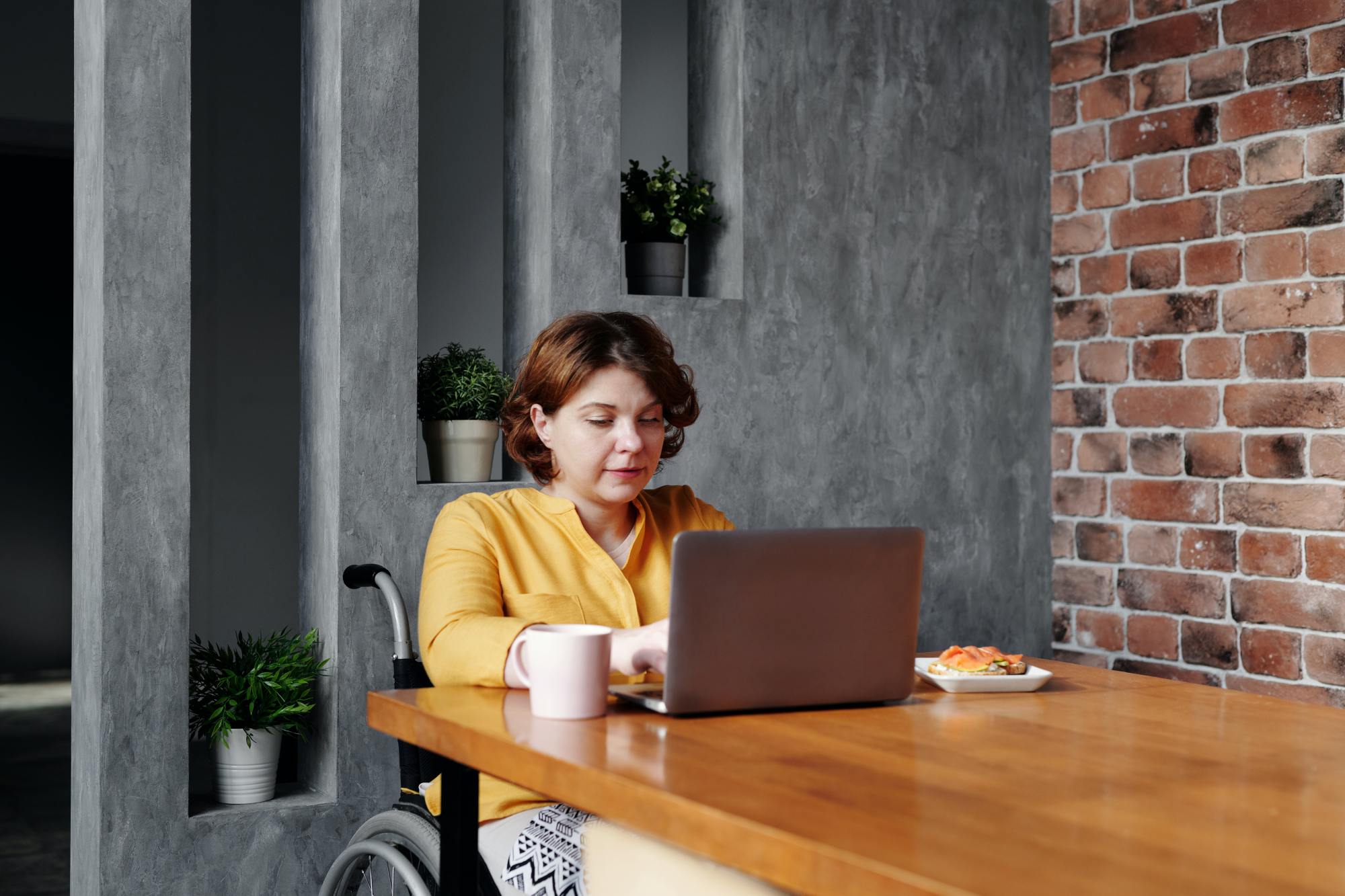Lone Working, Mental Health and Guidance For Employers
SOCOTEC, a UK provider of testing, inspection and compliance services is providing advice for employers on the recently updated HSE guidance document on lone...
Read Full Article
In a study conducted on behalf of the Advance Workplace Institute (AWI), trust, social cohesion and information sharing are all elements vulnerable to damage during home working.
The study warns that without active management to respond to changes in working, team dynamics are at risk with a knock-on effect on both employee happiness and performance.
The AWI partnered with the Centre for Evidence Based Management, a global network of academics, to analyse all the relevant research. It studied 35 primary studies and ten meta-analyses (which themselves drew on 715 original studies) to produce a report, “Managing The Virtual Workforce.”
“Virtual working is here to stay, and this brings serious challenges for managing the modern workforce,” says Andrew Mawson of Advanced Workplace Associates, the consultancy which founded the AWI.
“The role of leadership is about creating the conditions for growth and directing the energy. When we are working in a more virtualised model, old models become more difficult and we need new understandings and practices to deliver success in a virtualised world.”
–Andrew Mawson
Owner, Advanced Workplace Associates
The report has six main conclusions:
Members of the AWI have noted that organisations globally have adapted quickly to the need for the vast majority of their workforces to operate from home. However, they warn that these are early days in the workplace revolution, and that management strategies will need to change to ensure teams can work as well virtually as they did in a single office.
“Organisations increasingly need to harness their knowledge resources as opposed to controlling and ‘managing’ them,” added Andrew Mawson.
“The role of leadership is about creating the conditions for growth and directing the energy. When we are working in a more virtualised model, old models become more difficult and we need new understandings and practices to deliver success in a virtualised world.”
Picture: A photograph of a person working from home at a dining table. The person photographed is a wheelchair-user.
Article written by Ella Tansley | Published 17 June 2020
SOCOTEC, a UK provider of testing, inspection and compliance services is providing advice for employers on the recently updated HSE guidance document on lone...
Read Full ArticleIn a survey of 447 workers, 60 per cent said they’d prefer to work from home, even post-lockdown. COVID-19 has forced businesses across the globe to work...
Read Full ArticleEmployees in England are no longer being asked to work from home, as the government removes Plan B rules. But is this change as simple as encouraging a mass return to the...
Read Full ArticleFor some, Freedom Day marks a much-awaited return to some of our pre-pandemic habits, including working at the office instead of at home. But is everyone keen to come...
Read Full ArticleAround half of UK office workers feel confident about returning to work without a fully vaccinated workplace. Research shows that 80 per cent of UK office...
Read Full ArticleWith businesses already putting plans in place to get people back into the office, ensuring good hygiene practices is paramount in preventing any spread of coronavirus in...
Read Full ArticleA smart-monitoring technology company has launched a wearable smart tag designed to make social distancing easier. The body-worn Orbi-Trace smart tag gives the...
Read Full ArticleBureau Veritas is stressing the need to carry out indoor air quality surveys, swab-sampling programs and quantification of fresh air assessments, to ensure premises...
Read Full ArticleIt’s been almost a whole year of working from home for many of us, and some are predicting when offices will reopen. 54 per cent of us are apparently happy to...
Read Full ArticleA new survey of 1,000 UK office workers has revealed that 54 per cent are happy to continue working from home for as long as necessary. 30 per cent are happy...
Read Full Article